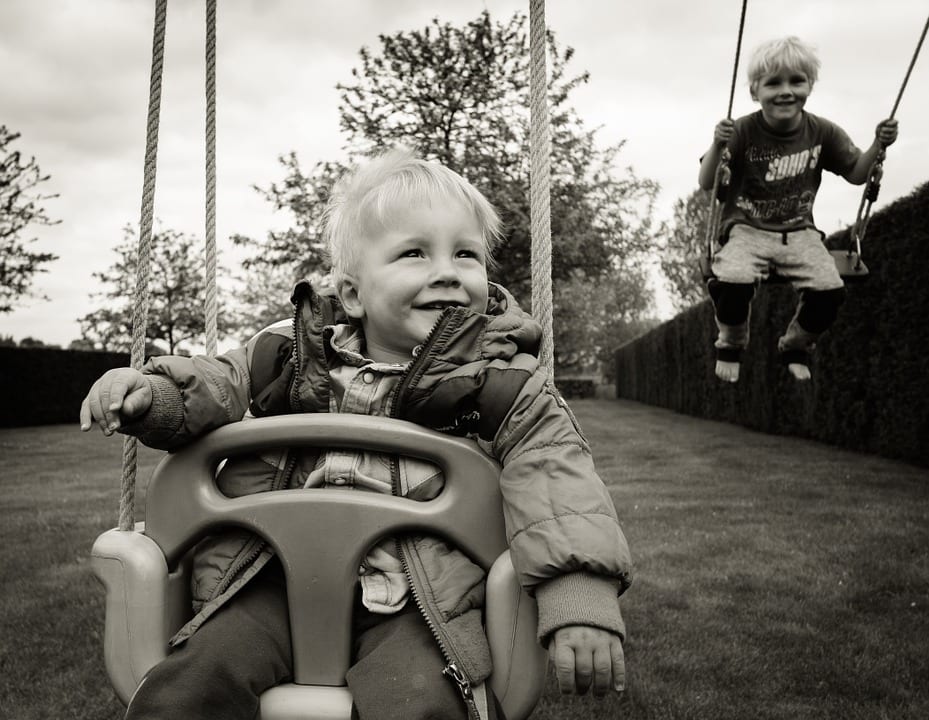For any decisions throughout the divorce process that directly affect your children, the court will first and foremost consider their best interests.
Even when divorce is the best decision for you and your family, it can still be hard on your children, and it will certainly impact their lives as much as yours. Many legal aspects of the divorce process will involve your children directly, and others often have an indirect effect. Chances are, even after your divorce is finalized, your children will continue processing their feelings about it for many years, and possibly the rest of their lives.
With so much at stake for you and your kids, it is crucial that you have an experienced Will County family law attorney by your side throughout your divorce and even beyond. Your attorney can take the time to get to know you and understand the unique elements of your case to give you the best possible legal advice and representation to protect your children’s well-being. In the meantime, keep reading to learn 10 things that every parent should know about divorce and its effects on children.
- Your children’s best interests are most important. For any decisions throughout the divorce process that directly affect your children, the court will first and foremost consider their best interests. It can be hard not to approach these issues selfishly, but if you take the time to reflect on what is truly best for your kids, you may be able to reduce conflict with your ex and even cooperate on an agreement that prioritizes your children’s needs.
- Both parents must contribute to child support. In Illinois and throughout the United States, a child has the right to financial support from both parents, whether the parents are married, living together, separated, or divorced. During a divorce, your child support obligations will be calculated according to a formula determined by the state where you reside, which usually factors in both parents’ incomes and the distribution of parenting time or physical custody of the children.
- Failing to pay support can have serious consequences. If you repeatedly fail to fulfill your court-ordered child support obligations, your ex may serve you with an enforcement action, and you can be subject to a wide range of penalties. In Illinois, consequences can include income withholding, fines, driver’s license suspension, charges of contempt of court and other criminal charges, and even imprisonment.
- Parenting time may not be equal.

Woman and two children on a park bench; image by Benjamin Manley, via Unsplash.com. One important decision during your divorce is the allocation of time that your children will live with each parent. Unless there are extenuating circumstances, courts will usually prefer an arrangement that gives both parents significant time, but this does not necessarily mean an even split. As with other decisions, the children’s best interests are most important. After considering factors like children’s school schedules and their connection to their current home and community, it may be best for the balance to be skewed in favor of one parent.
- Parental decision-making authority must be allocated. Custody decisions in a divorce involve much more than your children’s living arrangements. You will also need to determine how you and your ex will share decision-making responsibilities about their education, upbringing, and health. Constructive communication with your ex during and after your divorce can be crucial to working together to maintain consistency and create an environment that supports children’s growth and well-being.
- Children can affect decisions about the family home. While decisions regarding the division of marital assets are largely between you and your spouse, your children’s needs may factor into the outcome for certain properties, including your family home. You may find it important for one parent, possibly the parent with the greater share of parenting time, to keep possession of the home as a means of providing your children with stability.
- Moving with your children may require court approval. Although at least one parent will usually have to move to a new residence after a divorce, the distance you plan to move can affect the legal process. Most states have laws requiring court approval for a relocation that would move the children a certain distance away from the other parent. In Will County, Illinois, this distance is anything farther than 25 miles from the children’s current primary residence.
- Divorce conflict can harm your children. Research shows that children who see their parents engaging in destructive conflict are more prone to mental health challenges, behavioral issues, and unhealthy relationships of their own. Involving your kids in conflict by encouraging them to be a go-between can also damage their relationships with both parents. Before, during, and after your divorce, try to avoid nasty fights or arguments in front of your kids and badmouthing the other parent behind their back.
- A new partner can affect your relationship with your children. It is perfectly normal to start a new romantic relationship at some point after your divorce, but the way that you introduce a new partner to your children is important. Try to wait until you are in a committed relationship to make introductions, and be careful not to neglect your children as you spend more time with your partner. You should also be aware that a partner with a history of violence or other dangerous behavior can negatively impact your parenting time and custody.
- Children need time to adjust. Do not be surprised if your children’s behavior changes after your divorce. You may see them withdrawing, lashing out, or rebelling in ways that they never did in the past. It is important to maintain consistent discipline and routines, but it is even more important that you make an effort to listen to their concerns, comfort them, and be patient with their coping process. You should also pay close attention to signs of depression, anxiety, substance abuse, and other mental health issues that require the assistance of a trained professional.
Helping your children throughout your divorce may not be easy, but often, what they need most is the love, support, and understanding that you have shown them throughout their lives. While you focus on your personal relationships with your kids, a Joliet, IL divorce attorney can focus on the legal aspects of your divorce to ensure their interests are considered and protected.


Join the conversation!